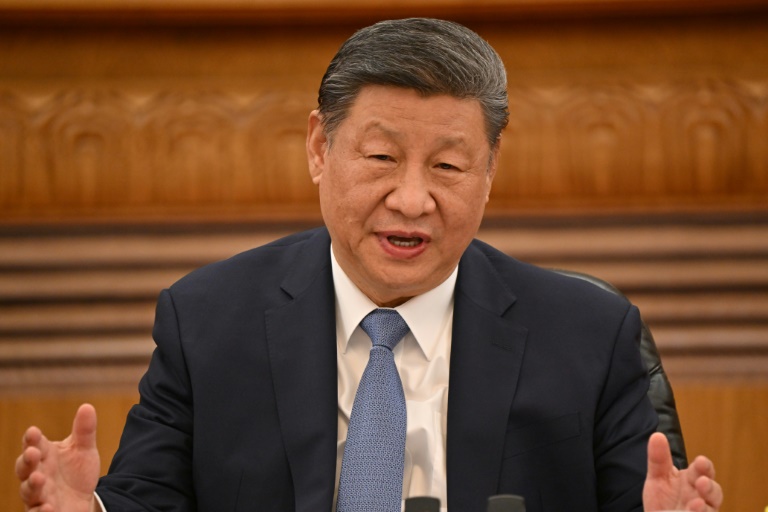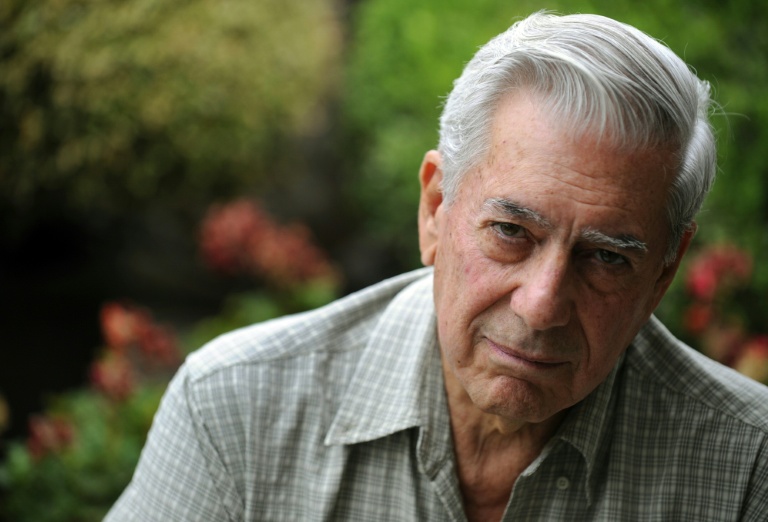[ABU DHABI] The giants of private equity have spent years trying to cozy up to Middle Eastern wealth funds to secure massive checks. US President Donald Trump’s burgeoning trade war just made those efforts even more critical – and asset managers have been forced to get creative.
Carlyle Group, for instance, is sending more than half a dozen of its top executives to Abu Dhabi this week to offer training to their counterparts at the emirate’s many sovereign wealth funds. BlackRock is starting up a programme to hire more young Saudis and is relocating a bevy of senior investment professionals to the kingdom to help with the effort. Others have been organising dinners and events to honour Eid al-Fitr.
“It’s not just about opening an office,” said Bhaskar Gupta, the chairman of the Middle East and India boards at Apex Group, a fund servicing company. “Building meaningful relationships through local customs – such as evening shisha gatherings, weekend hunting trips, and shared dinners – plays a vital role in establishing trust and long-term partnerships.”
Buyout funds have spent years laying the groundwork for their charm offensive after facing steady pressure from Middle East sovereign wealth funds to host more gatherings in the region, set up local offices and bring more people to live and work in the area.
But after Trump’s announcement wiped out trillions of US dollars from stock markets around the world and caused equity capital markets to snap shut, it’s made the Middle East a more important source of liquidity for these asset managers going forward.
Carlyle’s workshop this week – organised before Trump announced tariffs – will be focused on different investing strategies, including how investors can tap the private equity secondaries market. The event reflects the firm’s “ongoing commitment” to proactive engagement with Middle Eastern funds, a spokesperson said.
BT in your inbox
Start and end each day with the latest news stories and analyses delivered straight to your inbox.
BlackRock, for its part, launched the BRIM Graduate Development Program after striking a partnership with Saudi Arabia’s Public Investment Fund last year. The initiative also includes a slate of training and development programs.
“We are seeing general partners offering training events as asset managers look to invest more resources in the region,” said Drew McKnight, co-CEO of Fortress Investment Group, which counts Abu Dhabi sovereign wealth fund Mubadala Investment as its majority owner. “There’s a desire from limited partners for companies not to just have a fundraising office.”
The US$11 trillion asset manager received approval from Saudi Arabia last year to set up its regional headquarters in Riyadh, as well as a commercial license to operate in Abu Dhabi in November. Global Infrastructure Partners, which was recently acquired by BlackRock and is close to raising roughly US$25 billion for its latest flagship fund, is opening an office in Doha.
Private equity pullback
Heading into the year, private equity firms were riding a wave of optimism about what Trump’s election would mean for their business. His promises to cut taxes and rip up reams of regulation were expected to be a boon for economic activity and usher in a frenzy of merger activity and initial public offerings.
That would have been good news for buyout funds, who raised 23 per cent less capital last year than in 2023. They have also been patiently awaiting a window to exit many of their longtime investments.
But Trump’s raft of tariff announcements in recent weeks has dampened that optimism. As a result, high-profile companies including Klarna Group and StubHub Holdings have paused their initial public offerings and a slew of private equity firms have shown signs of fundraising struggles.
Carlyle, for instance, recently shook up its leadership in Europe, where it has raised about one billion euros (S$1.5 billion) for Carlyle Europe Partners VI – a fraction of its original goal. Meanwhile, Ardian, one of Europe’s largest investment firms, has delayed the planned fundraising for its multibillion flagship fund as it’s restructuring its buyout team in an increasingly difficult market for private equity, Bloomberg News reported last week.
The news on tariffs and a move by Opec+ to boost oil supply has hammered the price of crude – a plunge that could force some countries across the region to pull back on spending.
Still, Gulf sovereign wealth funds are known for stepping in during a downturn: When liquidity evaporated from world markets in 2008, they came in and bought up everything from stakes in western lenders such as Citigroup to trophy assets such as the Manchester City Football Club and Harrods.
“We think in the context of Donald Trump’s tariffs that the Middle East will become a much more important source of liquidity for asset managers,” Dasgupta said. “By the end of the year, all of the asset managers will be in Abu Dhabi and Saudi looking to raise money. So, getting in there early will make a real difference.” BLOOMBERG







